Saturday 9th June, 17.00. Standing at Platform 1 in Southampton Central station waiting for the 16.30 to Heathrow Airport. 17.10. Begin to panic and call the UK co-ordinator. 17.28. Begin to panic and call my wife. Taxi number on stand-by. 17.29. My train arrives.
So began my week-long sojourn to Sao Paulo for a British Council international Researcher Links workshop.Two hours later and safely through security, I begin to relax and meet a group of the UK delegates. Sunday arrived at 05.00 with a sense of excitement and exhaustion, as our mini-bus took us to the hotel. 11.10. Arrived at the hotel. It felt like 15.10. The OPAL workshop (a.k.a. ‘Identifying and addressing shared challenges in conducting health and social care research for older people’) was an international collaborative ECR ‘sandpit’ between the UK and Brazil, with the aim of developing international research projects in ageing healthcare between the countries. OPAL was so much more than this; here is some of what I learnt:
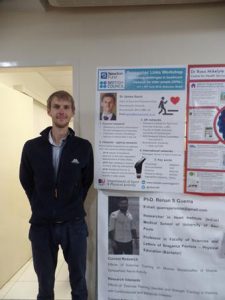
1. Coming to an understanding
Otherwise known as ‘breaking down international barriers’. It is important that as you group-work, particularly with new partners, you listen to what they have to say, their perspectives, and adopt an open-mind. Consider their priorities, current research commitments and their personality. It is a skill in itself to recognise and motivate different individual personalities towards a common goal. But also respect that your colleagues will have other work (and life) commitments outside the project.
2. Identifying the problem
My group comprised a: physiologist, geriatrician, physiotherapist and clinician. Our topic: healthcare in frailty. On larger multidisciplinary projects, put aside your specific research interests and focus on identifying a worthy research question. This will allow you to build the project on current knowledge and challenge a ‘real world’ problem worth answering. ‘The whole is greater than the sum of its parts’. Keep in mind, there will always be ample opportunity for you to flex your specific technical abilities in a project; there may be a sub-study, a related side-study or an opening up of subsequent opportunities.
3. Benefits of teamwork

As always some of the most impactful and lasting partnerships are built after hours. Class-based activities lay foundations in knowledge; group work builds relationships; socialising (or networking) develops understanding and empathy. I’m no socialite, but be present, listen and give your potential partners your undivided attention. Not only is this crucial when building partnerships, but also professionally good etiquette. This may seem difficult with other deadlines/priorities looming, but DO NOT get out your phone/laptop/mobile device in social situations. This shows disinterest and poor manners.
4. Be realistic
…and be patient. ‘He who knows only his side of the case, knows little’ (John Stuart Mill). Appreciate the workload demands of others; by the time Monday comes you will all have a fresh list of priorities. For collaborations beyond your institution think what platforms you can use to keep momentum. For example: Dropbox, webinars, educational partnerships and/or Skype meetings. Also use collaboration-working as an excuse to write travel grant proposals.
5. How to create momentum and impact
Keeping things moving is a must, I think. Commit and schedule time into your diary, as you would for your teaching. Similar to research writing, if you do not prioritise the time, it will quickly be filled with other duties. Our group created a Dropbox folder (containing a new systematic review on our project idea), circulated a Doodle poll, and then arranged for a follow-up Skype call to share our independent reviews and discuss funding opportunities. Relationships are always more important than the project; there will be many opportunities for projects, not always for trusted and like minded research partners. Oh, and understand that each member has the right to withdraw from the group at any point. Our group began the week with seven, and by Friday’s Dragon Den presentation we had four (looking glamorous below). Oh well.

What next?
It’s now one week since I returned, and keeping momentum with the FIBULA project (a.k.a. ‘Frailty in the Brazil and the UK: Learning across Borders’) I have arranged to visit my UK partner and senior researchers at the University of Nottingham in July-August to begin a scoping review. Later in Autumn, through RKEO Acorn funding I will host our other group partner(s) from the University of Sao Paulo at BU to conduct a systematic review and develop our partnership, and proposal further.
These suggestions are based merely on a research neophyte’s experiences in exercise physiology, partnering with the healthcare sciences. Although I impart advice, for everything I have discussed, I am still striving to master these skills. After all, the research process is learning from knowledge of what came before and evaluation of what we find out.
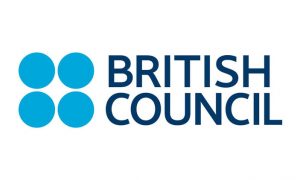
Dr James Gavin
Department of Sport & Physical Activity
Email jgavin@bournemouth.ac.uk
Twitter @JGavin85
LinkedIn https://www.linkedin.com/in/jgavin1
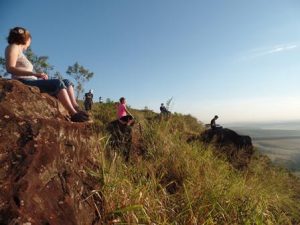
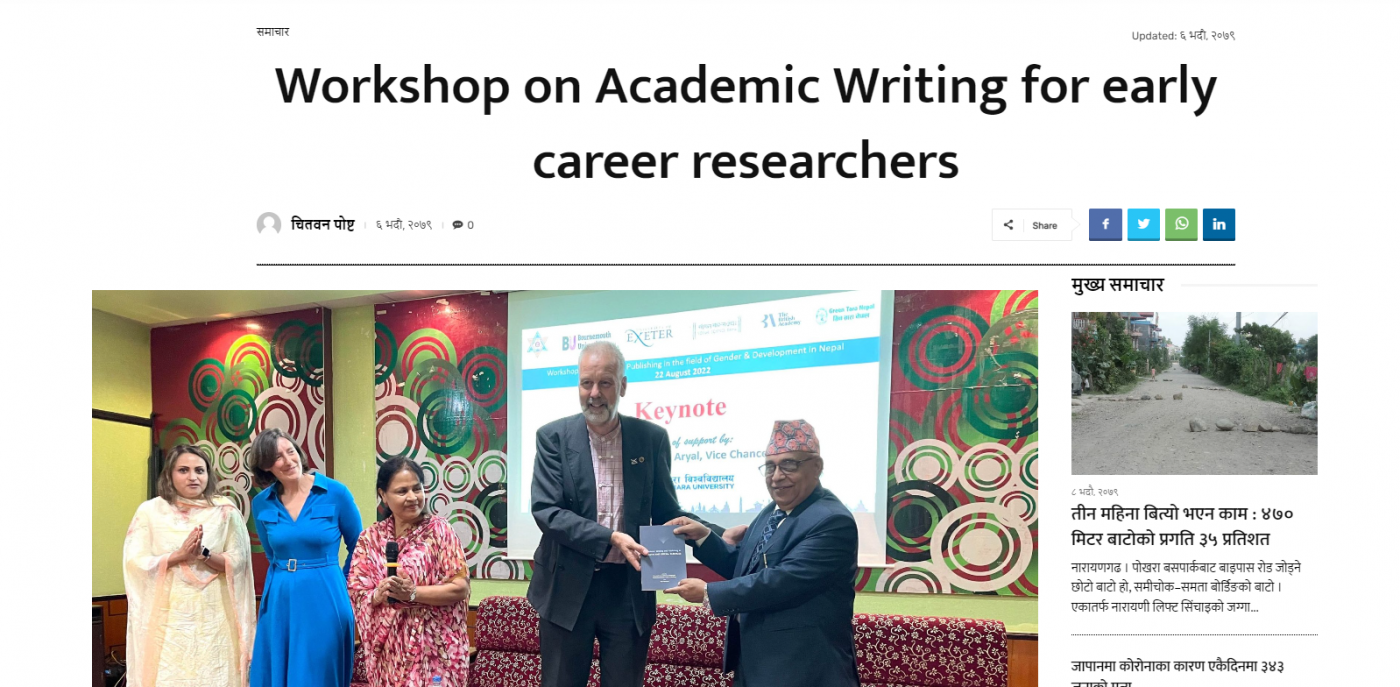
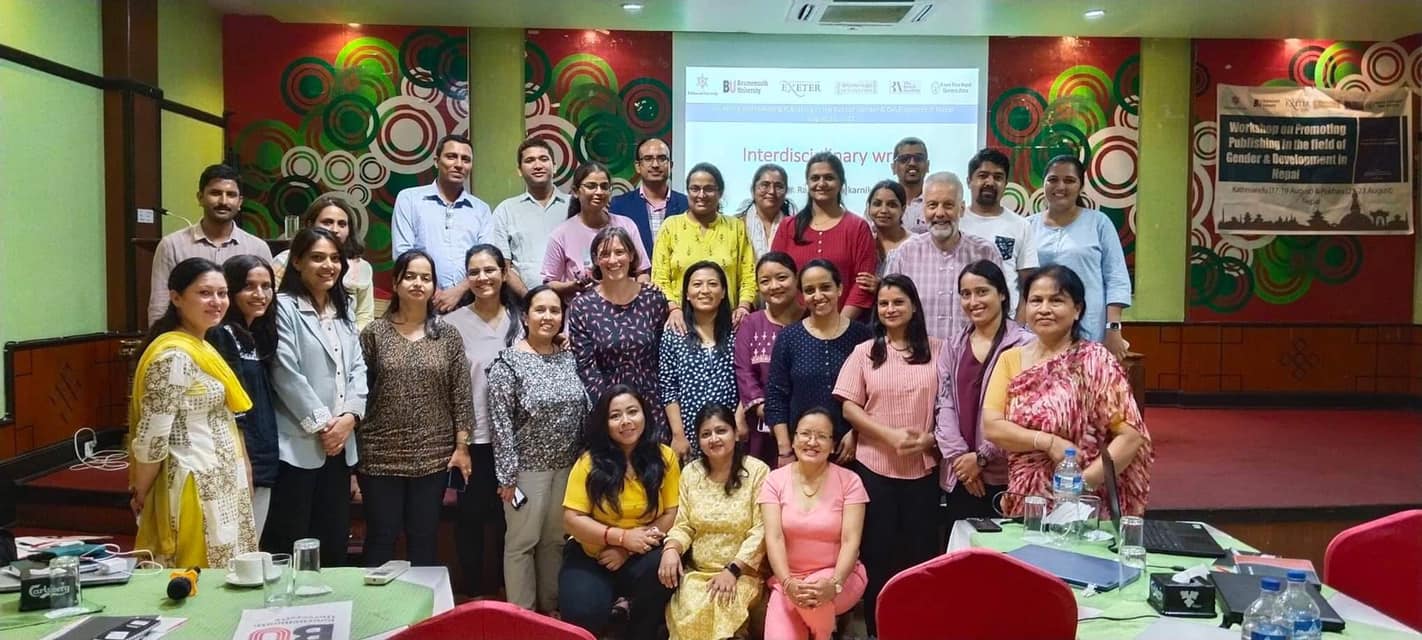
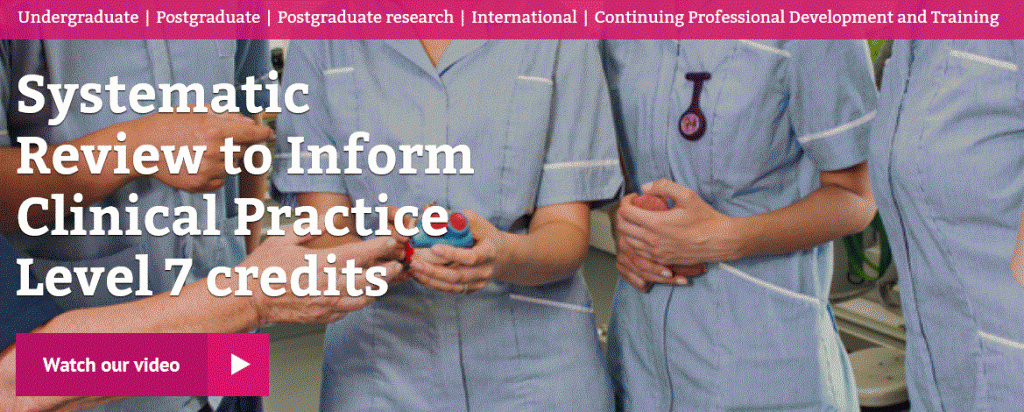






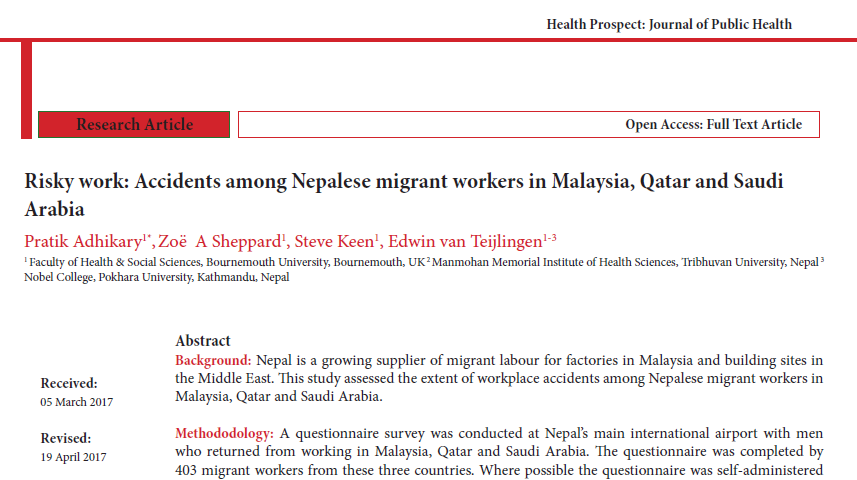






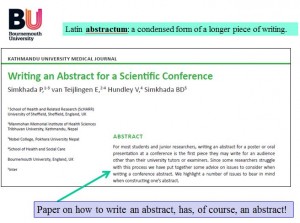
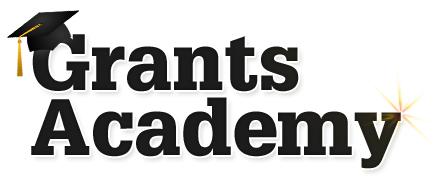
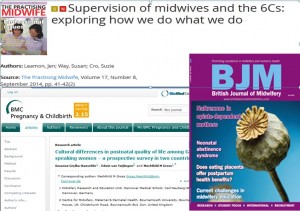

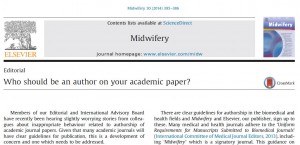
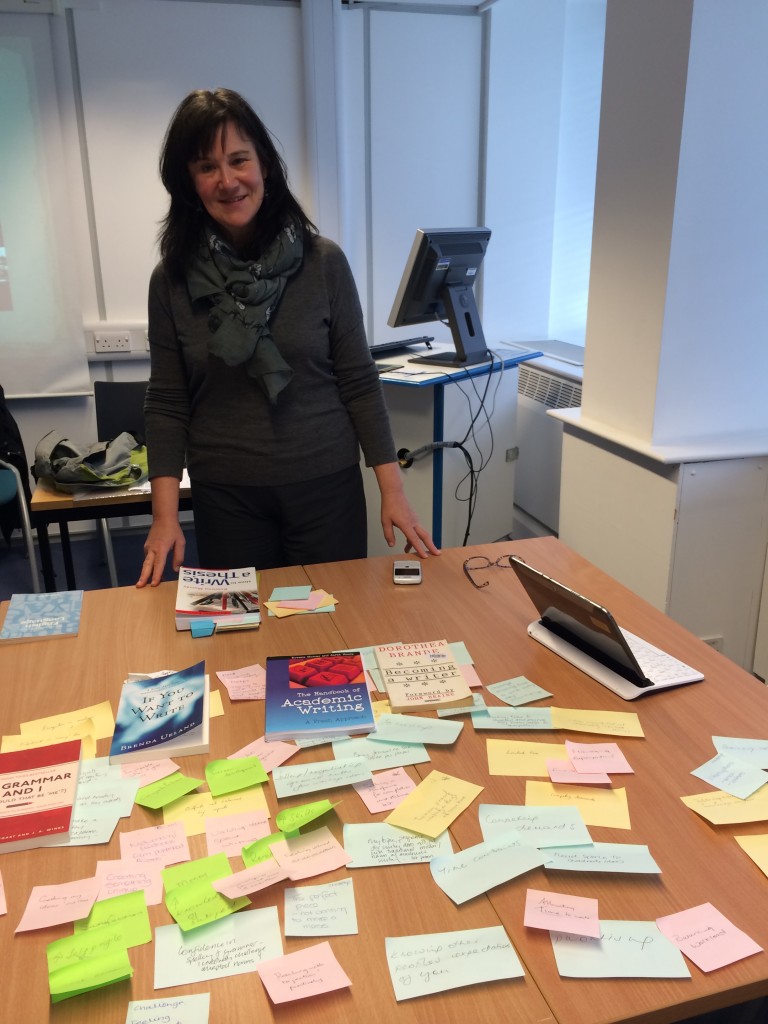

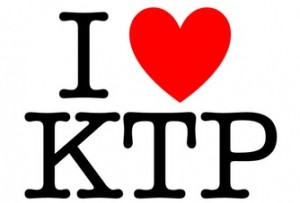











 Beyond Academia: Exploring Career Options for Early Career Researchers – Online Workshop
Beyond Academia: Exploring Career Options for Early Career Researchers – Online Workshop UKCGE Recognised Research Supervision Programme: Deadline Approaching
UKCGE Recognised Research Supervision Programme: Deadline Approaching SPROUT: From Sustainable Research to Sustainable Research Lives
SPROUT: From Sustainable Research to Sustainable Research Lives BRIAN upgrade and new look
BRIAN upgrade and new look Seeing the fruits of your labour in Bangladesh
Seeing the fruits of your labour in Bangladesh ECR Funding Open Call: Research Culture & Community Grant – Apply now
ECR Funding Open Call: Research Culture & Community Grant – Apply now ECR Funding Open Call: Research Culture & Community Grant – Application Deadline Friday 12 December
ECR Funding Open Call: Research Culture & Community Grant – Application Deadline Friday 12 December MSCA Postdoctoral Fellowships 2025 Call
MSCA Postdoctoral Fellowships 2025 Call ERC Advanced Grant 2025 Webinar
ERC Advanced Grant 2025 Webinar Update on UKRO services
Update on UKRO services European research project exploring use of ‘virtual twins’ to better manage metabolic associated fatty liver disease
European research project exploring use of ‘virtual twins’ to better manage metabolic associated fatty liver disease